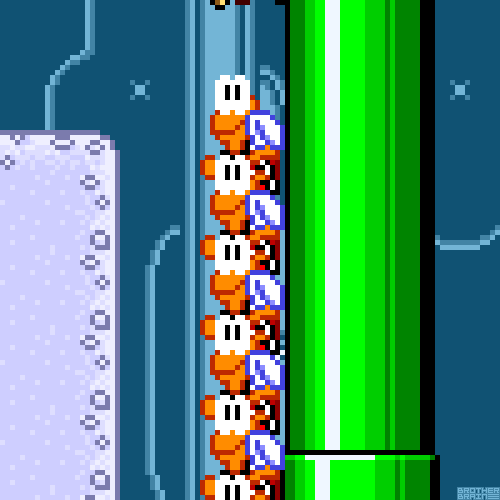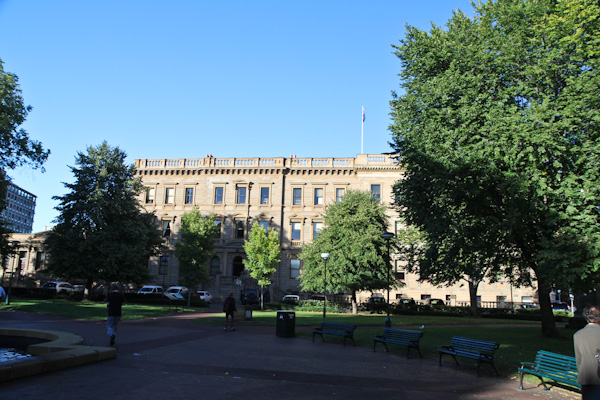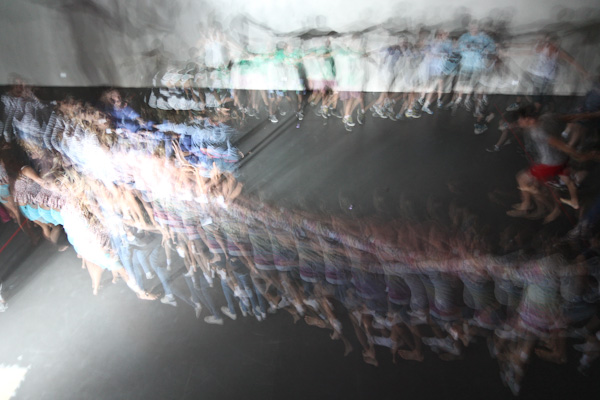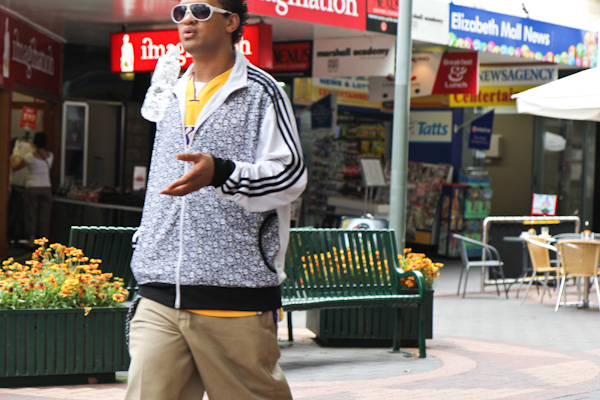Archive by Author
Mario
Relevant: http://stabyourself.net/mari0/
What is a leap year?
It’s a brick!
Tesla Motors’ lineup of all-electric vehicles — its existing Roadster, almost certainly its impending Model S, and possibly its future Model X — apparently suffer from a severe limitation that can largely destroy the value of the vehicle. If the battery is ever totally discharged, the owner is left with what Tesla describes as a “brick”: a completely immobile vehicle that cannot be started or even pushed down the street. The only known remedy is for the owner to pay Tesla approximately $40,000 to replace the entire battery. Unlike practically every other modern car problem, neither Tesla’s warranty nor typical car insurance policies provide any protection from this major financial loss.
What’s kinda funny is that you can brick your electric car by letting the battery go completely flat.
I mean, have you heard of anything more hilarious?
Circular polariser experimentations
Two photography posts in a day! Amazing!
I took a circular polariser out today for a spin to see what all the fuss is about. I’ll save you the trouble of reading something long-winded, if you’re so inclined: useful, but I don’t think I’ll shoot with it everyday.
It was kinda funny, actually — this was my first time out with a polariser, and I had really no idea what it could do. I must have looked like some crazy dude on multiple occasions, looking through the viewfinder and rotating this thing on the end of my lens like a fool, pointing it towards the sky or towards a window to see the effect that it has.
And what an effect.
The difference is pretty clear — with the polariser, you almost entirely eliminate reflections on windows. It’s also supposed to make the sky more blue, but I couldn’t get that to happen an extreme amount.
Nice and all, but I don’t think I’ll be shooting with it all the time, at least not to start off with. Takes too much time to compose, for one — compose the shot, spin the polariser, spin the polariser some more, take the shot — by which time your subject has either long gone or the moment has passed. Still, I can definitely see where it will be useful for landscapes and the like.
Also: if you look closely you can see a tiny bit of pretty extreme vignetting in the corners of those shots. It’s not bad, and can mostly be corrected in post, but it’s still there.
Anyway, yes. So sometimes you go out shooting, right. Week 1 of the Uni semester is great for this because you don’t have tutes to attend, and can spend most of the day wandering around taking photos, right. You take a walk, and sometimes, you only take a handful of photos. But almost every one of those photos are great. I don’t even know what it is, maybe you spend more time composing, more time thinking about the shot, more time actually taking shots you want to keep rather than just shots you would like but don’t turn out very good…
And then, other days you go out shooting, take hundreds of shots, and end up with a single shot you actually like. Maybe it’s because you’re thinking more about how the circular polariser affects the shot, maybe it’s because you’re not even thinking about shots you want and just shooting to see what kind of an effect the polariser has. And the kicker, the kicker is that the one shot you do like was the most balls-y, most not-even-thinking-of-the-polariser shot of the whole hour or however long you were out shooting for.
That one shot where you saw someone sitting on a ledge, minding their own business.
The one shot where you got right up in some guy’s business, aimed the camera at him, put the viewfinder up to your eye — and by that time he’s definitely noticed you, but there’s no time to back out now — you half-depress the shutter to focus, you compose the shot — the guy is smiling, realising what you’re doing by now (as if it wasn’t already obvious) — and you take the shot.
By the time you finish the shot, the guy has a huge grin on his face. He’s laughing, even. You thank him, and keep walking.
Best photo of the day. That one, single moment where it all comes together.
And it completely blows your mind that it was so easy! I mean, all this time you’ve been telling yourself that people are just going to flip out when they see someone taking their photo, that they’ll rant and rave about some crazy privacy, make a huge scene and kick up a massive stink. It’s the one thing that’s been holding you back from the kinds of street you’ve been wanting to take, and all you needed was some guy on a ledge to smile as you were taking the shot and not flip out completely.
I love photography.
A little more light, please.
I don’t know whether I just need more time behind the lens, or whether I’m just pixel-peeping more than I should be, but so much of the time I’m unimpressed with my photography; street or otherwise.
Technically, photography is incredibly complex. So much depends on the three pillars of aperture, ISO, and shutter speed, and when you’re starting out (because, make no mistake, I am still very much an amateur) getting them right to suit the conditions is hard.
So much of the time it’s like the three pillars are the world’s most intricate balancing act. Say you’re shooting people in an area where there isn’t much light. You start off in Av, at f/2.8 with an ISO of 100 — the camera says you’ll need 1/8th of a second, which means camera shake then becomes a factor. Upping the ISO above 800/1000/1250 means you have a more respectable shutter speed of 1/30, maybe even 1/60, but even at those speeds a shot can still be ruined by subject motion. In this kind of situation, what can you really do without adding more light into the equation? More ISO means your photos are starting to be fairly grainy indeed, and you can’t open the aperture any more because you’re already at the limit of your lens (or you want the DOF because nailing focus is hard, etc). Photography in these kinds of situations is seriously challenging, and it’s times like these that make you think: “hey, this stuff isn’t just child’s play”.
Being a perfectionist is hard when you’re doing photography. I’d like to think my composition is good enough most of the time, and yet, when I’m looking at my photos in post at 100%, I’m sorely disappointed to see things aren’t as sharp as I wanted them to be, or that I’ve missed focus even though it looked okay on-camera.
I don’t even know why I crimp shots when I’m shooting — things on that back LCD look so much different than they do when I’m looking at the photos 100% on the computer, and even things that look okay on-camera can turn out to be extraordinarily average when viewed 1:1. In any case, crimping shots is a really bad habit that I’ll try to break.
It’s like Ira Glass said: I know I can do so much better. I know I can improve, it’s just that when so much of my shooting is extremely mediocre, it’s depressing as anything.
It’s somewhat ironic that the only place where I am improving is post-processing. I can now do simple stuff like split toning in Lightroom, and I can even do that Schindler’s List black/white/red effect in Photoshop (I think Sin City also used this effect), as well as selecting the black and white points of a photo in Ps.
To be fair, I don’t really have a good idea of why you would want to do those effects, or how to describe the effect, and for now, my understanding of it is limited to “it looks cool”. I disgust myself.
I guess most of this dissatisfaction with my own work stems from being very well versed in a particular subject area; computers are easy for me, and I understand them well enough to be able to explain most concepts to anyone. Don’t get me wrong, photography is fun, taking photos is fun; doing it well and with understanding is something that I’ll just have to work on.
But doesn’t that come hand in hand when learning something new? Everyone sucks to begin with; some people then quit, but others go onto future greatness.
At the moment I’d settle for consistently mediocre, but I think I’m getting there. Slowly.






